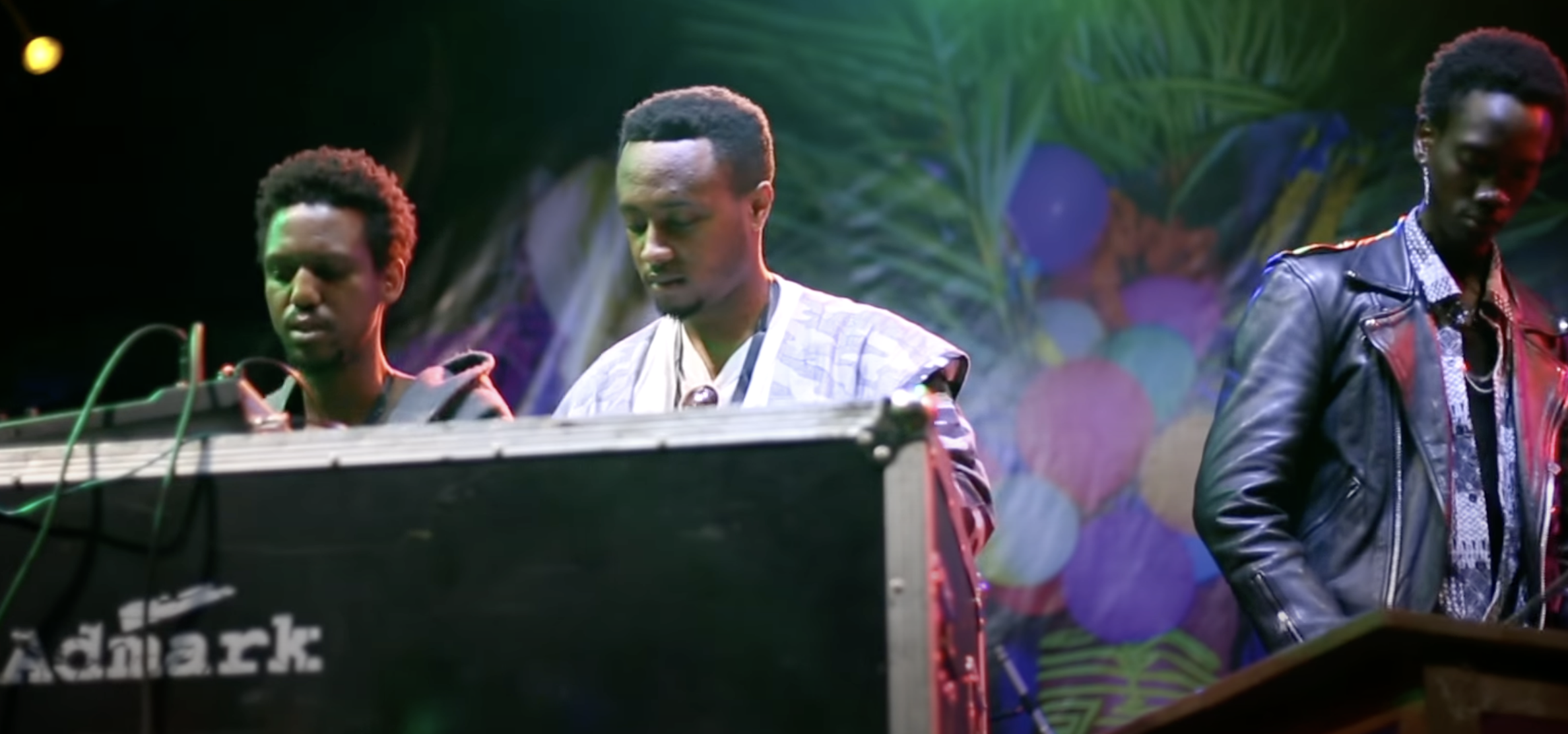It often takes an outsider’s perspective to solve a local problem. That vision can change a whole industry – across an entire continent. That’s what happened when a young European moved from Copenhagen to Nairobi. In A Low-Tech Solution Helps Africa’s Music Industry Explode, you’ll meet Martin, an unexpected entrepreneur who was immediately struck by Kenya’s low and slow connectivity rates. People used old school mobile phones to listen to music and illegal downloads were the norm. Artists could list music on mainstream platforms, but because many Africans prefer a mobile phone-based money service to formal banks, they couldn’t get paid. It was nearly impossible to earn a living.
Martin knew he could find a solution and partnered with a Kenyan to launch his low tech, pan-African platform that’s free, legal and pays royalties to musicians. The freemium model generates revenue with a 10-second ad at the beginning of each track. In just three years, it’s become one of the continent’s leading music sites with more than 20 million monthly users and a listing on the Nasdaq Nordic exchange.
Experts predicted Africa’s music industry would generate a million dollars in revenue in 2022. Martin’s start-up earned that much, alone, in the same year.
The music industry has noticed. Recently, Warner Music acquired an African music distributor and Universal Music Group listed its catalogue on Martin’s site.
With 48 tribes, and multiple immigrant influences, Kenyan music lacks a singular identity – but in Nairobi, music collides in the late-night club scene, and aboard matatu’s – essentially party buses that carry bright lights and big sounds, along with Kenyans, who use them to get to and from work while watching the latest music videos. They’re loud, chaotic, and fun. Recently, investors have begun buying matatus, contributing more than 10% to the national GDP, and employing the highest number of Kenya’s youth.
In A Low Tech Solution Helps Africa’s Music Industry Explode, you’ll meet Martin, and learn how he accelerated the growth of Africa’s music industry. You’ll ride through Nairobi on a moving disco, and you’ll experience the late-night club culture, featuring Swahili rap, Afro jazz and more.

